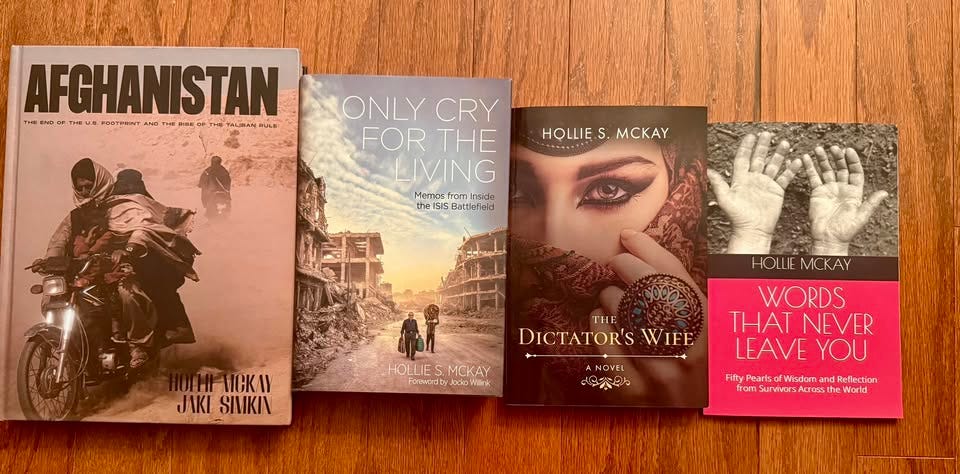I sat in stunned disbelief as news broke of the brutal killing of Brian Thompson, the CEO of UnitedHealthcare. My shock, however, was not limited to the crime itself. What chilled me more deeply was the reaction on the internet and the echo chamber of social media. People weren’t merely dissecting the complex flaws of America’s healthcare system; they were celebrating Thompson’s death as though his murder was some righteous act of justice.

Let me be clear: I loathe the for-profit healthcare industry. I despise the callousness that allows medical bankruptcies to ruin lives in one of the wealthiest countries in the world. I know the pain of feeling like healthcare is a privilege for the rich rather than a right for all. But my contempt for this broken system does not, and will never, extend to justifying the cold-blooded killing of a human being.
Thompson was not just a corporate executive; he was a father. He grew up in a working-class household, earned his place at the top through years of hard work, and undoubtedly made choices—some admirable, some disappointing I have no doubt—within a deeply imperfect system. His murder does nothing to dismantle that system; instead, it corrodes our collective humanity and entrenches the very cycle of violence we claim to oppose.
It’s a terrifying reflection of how far our moral compass has fallen that some now question whether Thompson’s killer is a martyr. These are not isolated whispers confined to the fringes of social media anymore. These are mainstream conversations, emboldened by outrage and fueled by a dangerous loss of empathy.
Empathy is not a finite resource, but our perception of it often feels that way. In an increasingly polarized world, we ration it out based on who we deem deserving. We lionize victims when their stories align with our narratives and villainize others when their errors or views make them convenient scapegoats. Thompson, in the eyes of some, became an easy target for all the anger, grief, and frustration tied to a corrupt healthcare system. But celebrating his death doesn’t fix the system. It doesn’t reduce inequality or heal those harmed by medical debt. Just as carpet-bombing a country never eradicates terrorism but instead sows the seeds for more extremism, the killing of a CEO in no way addresses the systemic problems we so desperately need to solve.
If anything, it makes meaningful change harder to achieve. Acts of violence fracture the very solidarity we need to dismantle unjust systems. They don’t empower the disenfranchised; they alienate people who might otherwise join the fight for reform. And worst of all, they normalize hatred and brutality as tools of resistance.
It’s easy to feel helpless in the face of an unyielding system. Many of us have been there—desperate for change, furious at the glacial pace of reform, sickened by the greed that allows suffering to persist. But when we turn that anger into bliss and jest over someone’s death, we are no better than the system we decry. We are perpetuating the very dehumanization we claim to oppose.
I’ve heard the arguments: that the outrage is justified, that this is the inevitable result of years of systemic oppression, that Thompson represented a machine that exploits the vulnerable. But systems are not dismantled by cutting off their figureheads. They are dismantled by sustained, collective action—by engaging in the messy, often thankless work of organizing, advocating, and reforming.
When we lose sight of this, when we allow ourselves to believe that violence is an acceptable shortcut to justice, we risk losing our humanity. Worse, we risk losing the moral high ground that fuels genuine change.
We’ve allowed our moral compass to be swayed by the immediacy of outrage and the seductive simplicity of scapegoating. We’ve forgotten that the fight for justice is, at its core, a fight for empathy—for the ability to see each other, even those we dislike or oppose, as human beings worthy of life and dignity.
Brian Thompson’s murder should not be a symbol of rebellion or justice. It should be a solemn reminder of the work we still have to do. And the next time we find ourselves tempted to ration out empathy based on who we think “deserves” it, I hope we’ll remember this: Empathy is not finite. But our willingness to use it is.
FOR EXCLUSIVE GLOBAL CONTENT AND DIRECT MESSAGING, PLEASE CONSIDER A PAID SUBSCRIPTION TO THIS SUBSTACK TO HELP KEEP INDEPENDENT, AGENDA-FREE WRITING AND JOURNALISM ALIVE. THANK YOU SO MUCH FOR YOUR SUPPORT.
For speaking queries please contact meta@metaspeakers.org
For ghostwriting, personalized mentoring or other writing/work-related queries please contact hollie@holliemckay.com
Follow me on Instagram and Twitter for more updates
Click to Purchase All Books Here



